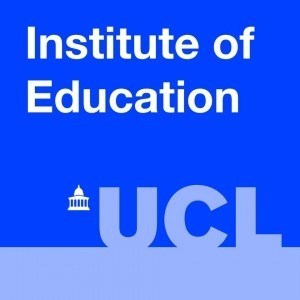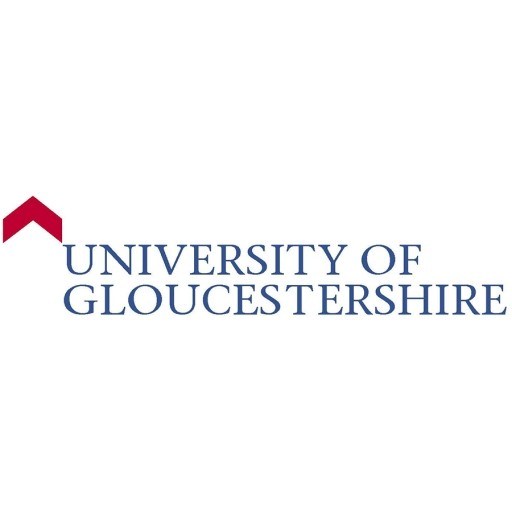Photos of university / #ucl
The Environment, Politics and Society MSc programme explores the way scientific, political and cultural practices shape our understanding of the relationship between society and the environment. It is an academic rather than vocational programme with most students pursuing further education or careers in international organisations, the public sector, NGOs or charities.
The programme explores the social, economic, cultural and political processes through which expert and lay knowledges of environmental and political changes is acquired, communicated and incorporated in decision-making. It equips students with a range of social science methods and personal transferable skills which are essential for social and environmental politics, practices and policy.
Students undertake modules to the value of 180 credits.
The programme offers two routes: standard and research. Standard consists of four core modules (60 credits), options (60 credits) and a research project (60 credits). Research consists of five core modules to include both qualitative and quantitative methods modules (75 credits), options (45 credits) and a research project (60 credits).
A Postgraduate Diploma (120 credits) is offered.
Core modules
- Geo-politics
- Environmental Knowledges
- Environment, Politics and Practice
- Social Science Methodologies (qualitative methods)
- Research route only: Social Science Methodologies (quantitative methods)
All modules running are dependent on staff sabbaticals.
Optional modules
- Changing Landscapes - Nature Conservation
- Changing Landscapes - Nature, Culture and Politics
- Community Participation in City Strategies
- Conservation and Environment Management
- Geographies of Material Culture
- Marine Conservation
- Advanced Geopolitics
- Politics of Climate Change
- Social Science Methodologies
- Thinking Space
- Social Science Methodologies (standard route optional module only)
- Precarious Urban Environments
- Postcolonial Cultural Geographies
Students may also select one module outside the department with the permission of the programme convenor.
Module availability is dependent on staff sabbaticals.
Dissertation/report
All students undertake an independent research project which culminates in a dissertation of 15,000 words.
Teaching and learning
The programme is delivered through a combination of lectures, seminars, presentations, discussions, workshops, practical classes and field trips. Dissertation seminars provide opportunities to meet previous MSc students to discuss their dissertations and subsequent career. Assessment is through coursework and the research dissertation.
Fieldwork
The Changing Landscapes optional modules have additional costs related to fieldwork.
Normally a minimum of an upper second-class Bachelor's degree in a relevant discipline from a UK university or an overseas qualification of an equivalent standard.
The Environment Politics and Society program at University College London offers various financing options for prospective students. Tuition fees vary depending on the student's domicile status, with different rates for UK, EU, and international students. UK students typically benefit from a range of funding opportunities, including government-backed loans and grants. The UK government provides undergraduate loans that cover tuition fees and offering maintenance support for living costs, which students can apply for through Student Finance England. These loans are repayable after graduation once the borrower’s income exceeds a certain threshold. International students are generally responsible for paying the full tuition fee, and some scholarships or bursaries may be available to eligible students to assist with costs. UCL offers a range of scholarships and financial aid options designed to support students financially, including merit-based scholarships, diversity bursaries, and subject-specific awards. These scholarships are highly competitive and usually awarded based on academic excellence, extracurricular achievements, or financial need. Additionally, students may seek external funding sources such as government loans from their home country, private scholarships, and Erasmus or other exchange programmes for international students. Part-time work opportunities are also accessible for students enrolled in the Environment Politics and Society course, providing additional income and work experience during studies. UCL’s Careers Service offers guidance on locating funding sources, preparing scholarship applications, and optimizing financial planning throughout the course duration. For postgraduate students, financing options include various research council grants, university scholarships, and employer sponsorships where applicable. Overall, while funding availability varies, numerous resources are accessible to help students finance their education, reduce financial barriers, and focus on their academic and professional goals within the field of environmental politics and society.
The MSc Environment, Politics and Society at University College London offers an interdisciplinary approach to understanding the complex relationships between environmental issues, political processes, and societal impacts. This program is designed for students interested in exploring how environmental challenges influence policy-making, social change, and global development. The curriculum covers a broad range of topics including environmental politics, social theory, sustainability, environmental justice, governance, and the role of various actors in shaping environmental outcomes. Students have the opportunity to engage with contemporary debates on climate change, biodiversity loss, resource management, and the ethical considerations surrounding environmental decision-making. The program emphasizes critical thinking, analytical skills, and hands-on research methods, preparing graduates for careers in policy analysis, environmental advocacy, government agencies, non-governmental organizations, and international institutions. The teaching staff includes leading academics and practitioners with expertise in political ecology, environmental economics, and social activism. Core modules typically focus on the political dimensions of environmental issues, while optional modules allow students to tailor their studies towards specific interests such as urban sustainability, environmental law, or global governance. The program also promotes practical experience through workshops, seminars, and potential placements to enhance employability. Graduates of the MSc Environment, Politics and Society will possess a comprehensive understanding of the socio-political contexts of environmental issues, enabling them to contribute meaningfully to policy development and societal transformation towards sustainability. The university's central London location provides students with access to a wealth of resources, institutions, and networking opportunities within the environmental sector.








